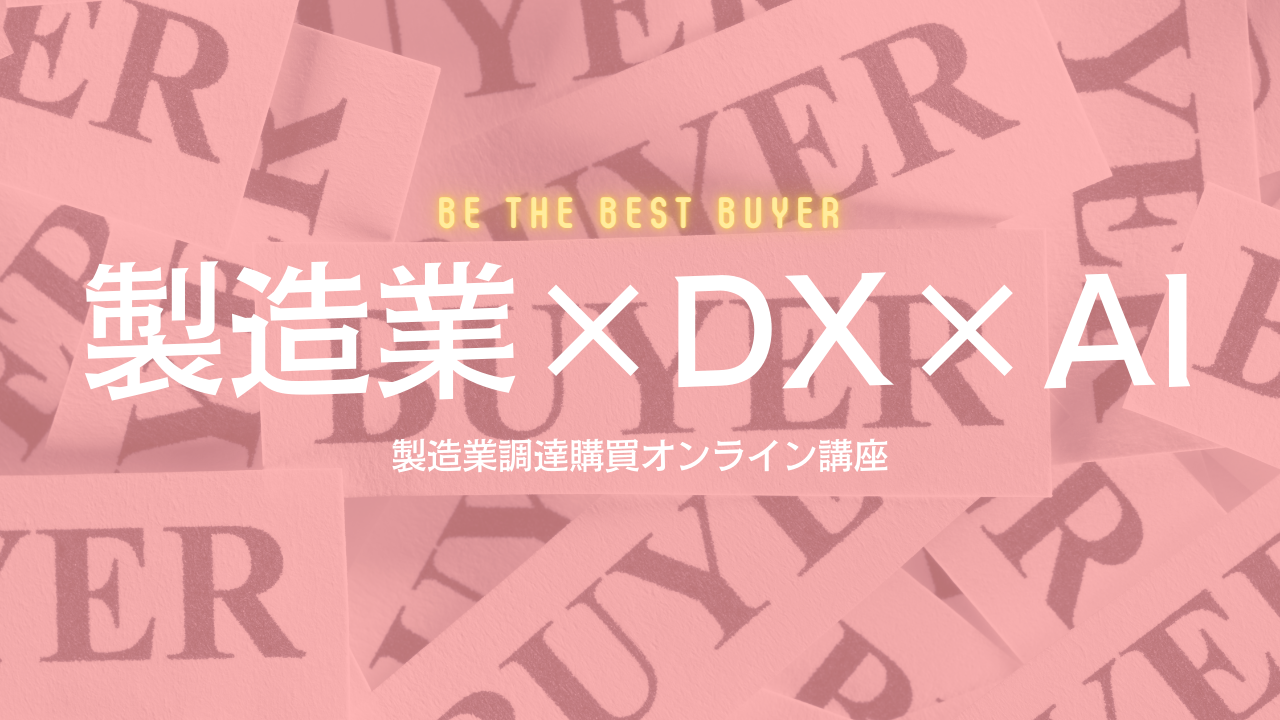- お役立ち記事
- E-series (Environmental, Ethical, and Economic) Compliance in Global Manufacturing Procurement

E-series (Environmental, Ethical, and Economic) Compliance in Global Manufacturing Procurement

In today’s globalized economy, manufacturing companies face numerous challenges when it comes to sourcing materials and components from suppliers worldwide. One of the most critical aspects of global manufacturing procurement is ensuring compliance with various environmental, ethical, and economic standards, collectively known as E-series compliance. This article will delve into the importance of E-series compliance and how companies can effectively navigate these complex requirements to maintain a sustainable and responsible supply chain.
Environmental compliance is a crucial component of E-series compliance, as it ensures that manufacturing processes and products adhere to strict environmental regulations and standards. This includes minimizing the use of hazardous substances, reducing greenhouse gas emissions, and implementing sustainable waste management practices. By prioritizing environmental compliance, companies can not only reduce their ecological footprint but also mitigate the risk of costly fines and reputational damage.
Ethical compliance, another essential aspect of E-series compliance, focuses on ensuring that suppliers and manufacturers adhere to fair labor practices and human rights standards. This includes prohibiting child labor, ensuring safe working conditions, and providing fair wages and benefits to workers. Companies must conduct thorough due diligence on their suppliers to ensure that they are not engaging in unethical practices, as failure to do so can lead to significant legal and reputational risks.
Economic compliance, the third pillar of E-series compliance, involves adhering to various trade regulations, tariffs, and financial reporting requirements. This includes complying with import and export regulations, accurately reporting financial transactions, and avoiding engagement in corrupt practices such as bribery or money laundering. Failure to comply with economic regulations can result in substantial fines, legal action, and damage to a company’s reputation.
To effectively navigate the complexities of E-series compliance in global manufacturing procurement, companies must adopt a proactive and comprehensive approach. This begins with developing a clear understanding of the various environmental, ethical, and economic standards that apply to their industry and supply chain. Companies should also establish robust internal policies and procedures to ensure compliance with these standards, including regular audits and assessments of suppliers.
Effective communication and collaboration with suppliers are also critical to ensuring E-series compliance. Companies should work closely with their suppliers to ensure that they understand and adhere to the necessary standards and provide support and resources to help them improve their compliance efforts. This may include providing training and education on environmental, ethical, and economic best practices, as well as collaborating on initiatives to reduce waste, improve working conditions, and enhance transparency.
Technology can also play a significant role in facilitating E-series compliance in global manufacturing procurement. Companies can leverage digital tools and platforms to streamline compliance processes, improve data management, and enhance transparency throughout the supply chain. For example, blockchain technology can be used to create a secure and immutable record of transactions and certifications, making it easier to verify compliance and detect potential issues.
Another important aspect of E-series compliance is regular reporting and disclosure. Companies should be transparent about their compliance efforts and regularly report on their progress to stakeholders, including customers, investors, and regulators. This not only demonstrates a commitment to sustainability and responsibility but also helps build trust and credibility with key stakeholders.
In conclusion, E-series compliance is a critical component of global manufacturing procurement, encompassing environmental, ethical, and economic standards. By prioritizing compliance with these standards, companies can not only mitigate legal and reputational risks but also contribute to a more sustainable and responsible global economy. Through a proactive and comprehensive approach, effective collaboration with suppliers, and the use of technology and regular reporting, companies can successfully navigate the complexities of E-series compliance and build a strong and sustainable supply chain.





